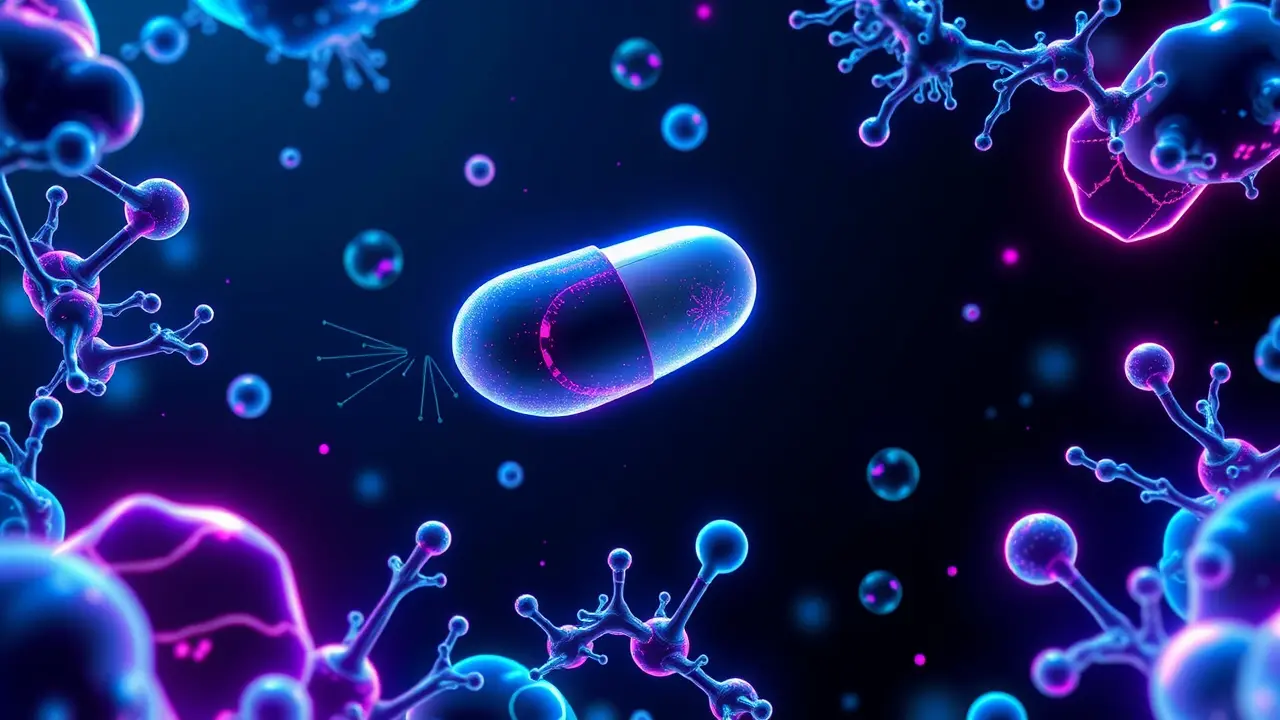This new iron supplement heals anemia without hurting your gut
In a development that feels ripped from the pages of a near-future medical thriller, a team of researchers has engineered a novel iron supplement that fundamentally rethinks the chemistry of how we treat anemia. This isn't just another pill; it's a sophisticated, three-in-one bio-fortified system that ingeniously marries iron with a targeted probiotic and a prebiotic fuel source.The core problem with conventional oral iron supplements, like ferrous sulfate, has always been a brutal trade-off: you're essentially dosing the gut with a reactive metal that, while crucial for hemoglobin production, acts as a potent oxidant, ravaging the delicate intestinal lining. This leads to the all-too-common side effects of cramping, constipation, and inflammation, a gauntlet that discourages patient compliance and can, paradoxically, worsen gut health.The new formula, however, operates on a principle of symbiotic delivery. Imagine the iron isn't a loose cannon but a carefully packaged payload, escorted by beneficial bacteria—the probiotics—that help modulate the gut environment.These microbial allies are then nourished by the prebiotic component, a specialized fiber that ensures their colonization and activity, effectively turning the gut into a bioreactor for safe iron absorption. In mouse models, the results were starkly different from the control groups given traditional iron.The new supplement didn't just normalize hemoglobin levels, effectively curing the anemia; it did so while preserving, and even enriching, the diversity of the gut microbiome. There were no signs of the tell-tale inflammation or tissue damage typically associated with iron therapy.This represents a paradigm shift from a blunt-force intervention to a nuanced, systems-level approach to medicine. It echoes the principles we're seeing in advanced CRISPR therapeutics and targeted drug delivery—the move towards precision.For the millions worldwide, particularly women and children in developing nations, who suffer from iron-deficiency anemia, this could transform a painful, often debilitating treatment into a restorative process. The implications ripple outward, suggesting a future where nutritional supplements are not mere commodities but engineered, living medicines designed to work in concert with our biology, healing one system without harming another.
It’s quiet here...Start the conversation by leaving the first comment.
© 2025 Outpoll Service LTD. All rights reserved.
